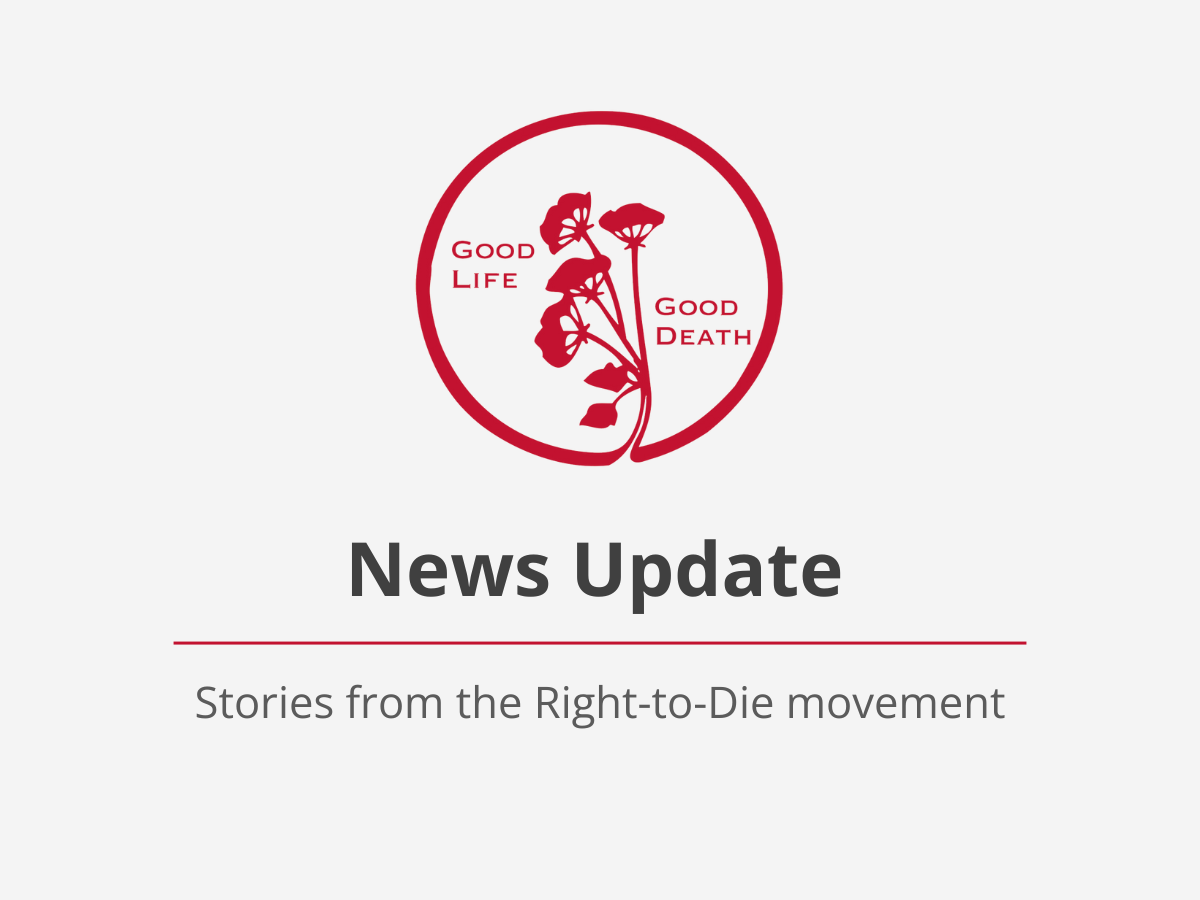The inventor of the Sarco suicide pod is building a 'kill switch' implant which could…
Dutch doctor acquitted in landmark euthanasia case
The issue of advance directives for dementia is a hot topic in the right to die field. In the US there is little legal guidance on this issue. Ethicists argue whether it is ethical to honor these documents once a person has lost legal capacity. Some say the person that signed them – the “then-self” is a different person than the current person – the “now-self” and that the “now-self’s” wishes should be taken into consideration – even if the “now-self” is deemed legally incapable of making decisions.
Unlike in the U.S., the Netherlands allows its citizens to be euthanised if they are suffering unbearably. A recent case acquitted a doctor in the Netherlands who was charged of breaking the euthanasia laws by not consulting the “now-self” on her end of life desires. The court ruled that the 4-year old document directing the ending of her life when certain conditions were reached was sufficient to satisfy euthanasia laws.
Applause broke out in the courtroom after the court heard that the doctor had been right to abide by the woman’s stated wishes and that there was no legal duty to verify the “current death wish” in such a case.
“We conclude that all requirements of the euthanasia legislation had been met. Therefore the suspect is acquitted of all charges,” the judge, Mariette Renckens, told the court in The Hague. “We believe that given the deeply demented condition of the patient the doctor did not need to verify her wish for euthanasia.”
Read the article about euthanasia in the Netherlands by Alzheimer’s patient who had given prior consent.

